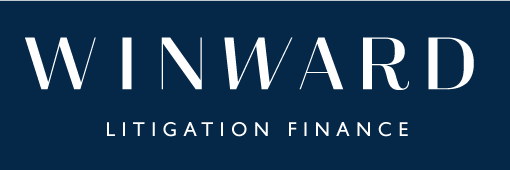Kazakhstan Kagazy Plc & Ors v Zhunus & Ors [2019] EWHC 2630
The claimants had in this case successfully established a very substantial fraud claim. As well as a $300m judgment, there was an £8m interim payment ordered on account of costs. Nothing had been paid. This time it was the turn of the successful claimants to seek a non-party costs order, using the same Court rules that normally are used against the funders. The claimants sought £12m. All proceedings were funded by Harbour. The Court noted the usual rule that the authorities generally required a causal connection between the involvement of the non-party and the incurring of costs by the successful party, although it was not a pre-condition. This was relevant in this case because the funding from Mrs Arip (one of targets of the s51 relief) only started in February 2014 (the proceedings having started in August 2013). The suggestion was made that Mrs Arip was in fact only a pure funder, as against a commercial funder, so no order should be made against her. This argument was roundly rejected and the order was made as against her. Although arguments were put forward that Harbour was the party with the real interest in the recovery of the costs, the Court was not satisfied that the involvement of Harbour should alter the usual position – “it would be unfortunate if the involvement of a litigation funder, which has advanced monies to support a valid claim, should be a reason for not making an order under s.51”.
The short point from this case is that the involvement of a funder is not going to be a reason for approaching matters any differently from usual. This is a point that goes both ways because it is becoming increasingly evident that a funder is to be treated in many respects in the same way as the litigant, particularly when it comes to costs. The other point to make as a consequence of this fraud case is that funders who take on fraud cases can expect everything to go wrong – and to have to incur costs of enforcement of the claims that could be of the same level as the costs of getting the judgment in the first place. Such claims take a long time. Increased commission rates and ratcheted returns are of no value if no judgment is obtained.
